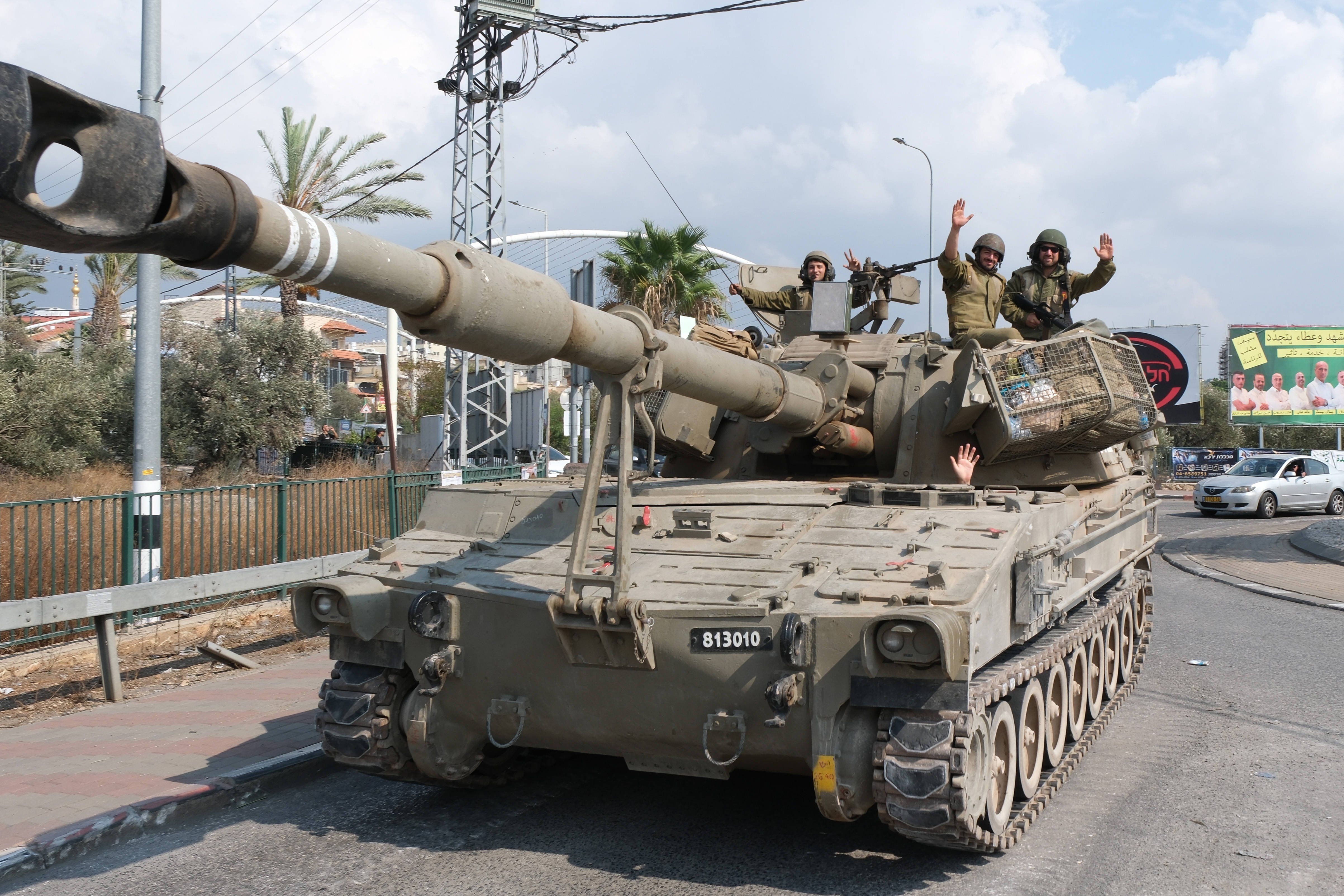Could the war between Israel and Hamas engulf other areas and actors in the region?
The biggest concern is that Hezbollah, a Lebanese Shiite Muslim political party allied with Iran – and deemed a terrorist organization by the US – will open a second front along the Israel-Lebanon border.
On Sunday, Hezbollah sent a missile into Israel, killing one civilianin response to Israeli strikes the previous day that killed two civilians and a Reuters cameraman. In Lebanon, the United Nations peacekeeping force UNIFIL reported that an unidentified rocket struck its headquarters in the southern part of the country.
Israel has declared its northern border with Lebanon a closed military zone, and on Sunday it warned civilians not to come within 2.5 miles of the border or risk being fired upon.
Over the weekend, Hezbollah leader Hassan Nasrallah met with Iranian Foreign Minister Hossein Amirabdollahian, who subsequently demanded that Israel cease its operations in Gaza or suffer “a huge earthquake.” The implication? That an Israeli ground invasion of Gaza would push Hezbollah into the war.
If Hezbollah joins the conflict, this would require a significant Israeli response involving both air and ground forces, and analysts fear this could escalate into a wider regional conflict with Syria and the possibility of attacks from Iraq, Yemen, and Iran.
Another possible flashpoint is the West Bank. Since the Hamas attacks last Saturday, at least 55 Palestinians have been killed and over 1,100 wounded in attacks by settlers and operations by the Israeli Defence Forces. The IDF said on Sunday that it had arrested 330 people in raids across the West Bank, including 190 connected with Hamas, as terror attacks against Israelis have escalated in the area.
Over 500,000 Jewish settlers live in nearly 150 settlements across the West Bank, alongside 2.5 million Palestinians. Since the attacks by Hamas, settler groups have been mobilizing. One WhatsApp group of over 800 participants has told residents to prepare for “the possibility of mobilizing for a joint activity with the security forces for the immediate demolition of terrorist houses.”
In response, the IDF has emphasized that the responsibility for security in the settlements and on the roads lies with the military alone. The fear is that settler attacks could cause an escalation of violence and provoke the opening of another front in the war, further stretching Israel’s military and hampering efforts to defend itself.More For You
Most Popular
In this "ask ian," Ian Bremmer analyzes Trump’s recent meeting with Zelensky and how close (or far) Russia and Ukraine are from a peace deal.
Syrian President Ahmed al-Sharaa attends the military parade of the Syrian army in Umayyad Square in central Damascus to mark the one-year anniversary of the fall of the Assad regime, on Dec. 8, 2025.
A year ago this month, Syria’s brutal dictatorship collapsed. There are signs of recovery, but sectarian violence threatens to undermine the optimism.
